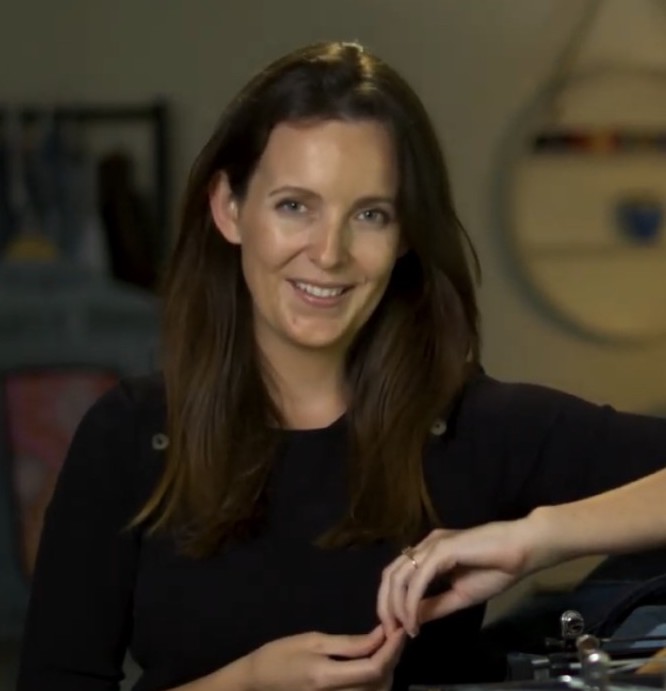Here’s what happens when a fixed-rate home loan period ends
Fixed-term home loans surged in popularity during the Covid pandemic as many lenders cut their fixed mortgage rates below 2%. But once those terms expire, some borrowers may be in for a shock as their home loans reset at a much higher interest rate.
Borrowers who took out a fixed mortgage have so far been protected from the Reserve Bank of Australia’s interest rate rises while their fixed term remains in place.

Deciding what to do when your fixed-rate ends can make a big impact on your cashflow. Picture: Getty
However, since most terms last only a few years before they revert back to the variable rate, an estimated 75% of fixed loans are scheduled to expire by the end of 2023.
If you’re about to roll off a fixed rate home loan, or are contemplating a fixed rate for the first time, here’s what you should know.
What is a fixed rate?
When you apply for a home loan you can choose between a fixed rate or a variable rate home loan, or a combination of the two (known as a split loan).
A fixed rate loan has the same interest rate for the duration of the fixed period, regardless of whether broader interest rates go up or down.
Most fixed periods range from one to five years, meaning a borrower could be paying off their loan at the same interest rate for up to five years, giving some financial certainty.
This differs from a variable rate, which can change as often as the official cash rate does. The RBA meets to decide the cash rate on the first Tuesday of the month.
What happens when your fixed rate ends?
When your fixed term is nearing its end, your lender and mortgage broker will usually contact you to let you know what your options are.
You will then have to decide whether to re-fix your loan at a new rate, switch to a variable rate, or refinance with a new lender.
- Re-fix: If you re-fix your loan, you’ll also need to decide how long you’re fixing it for – usually between one and five years.
- Variable: If you prefer the variable rates on offer, you can opt to switch. A broker can often help you negotiate a lower variable rate than the ‘revert rate’ a lender will offer.
- Refinance: If you have enough equity in your property, you may also be able to refinance with a new lender when your fixed term ends. A mortgage broker will be able to talk you through your options.
When your fixed term is nearing the end, the worst thing you can do is nothing.
If you simply let the fixed term lapse, your lender will likely switch your loan to its revert rate, known as the ‘standard variable rate’, which can be much higher than some of the discounted options available to new borrowers. It’s a win for the lender but not for the borrower.
Is it a good time to move to a fixed rate?
That depends on a borrower’s unique situation. A fixed home loan offers more certainty in a changing interest rate environment as your repayments remain constant throughout the fixed period, regardless of what happens to the official cash rate.
However, as lenders price their fixed mortgages on what they think interest rates may do in the future, most fixed rates are currently higher than the variable options.
Ultimately, whether you move to a fixed rate depends on your preferences, including how comfortable you are with risk.
Can you extend your fixed rate term?
No. When a fixed rate term ends the borrower has the option to re-fix, but this is for a new fixed term and will likely have a different interest rate.
This is because the forecast for where the cash rate is heading could have changed significantly since you last fixed your loan.
What happens if interest rates go up or down when I’m on a fixed rate?
The general appeal of a fixed rate is the rate of interest paid on a loan doesn’t change for a set period.
That means when the lender puts its interest rates up or down, it doesn’t affect existing fixed rate customers.
There’s pros and cons to this:
- Pro: If interest rates increase significantly during the fixed term period, you could find yourself financially in a better position than borrowers on variable loans.
- Con: If interest rates go down, you still have to pay your locked-in interest rate for the duration of your fixed term.
If interest rates change in the period between when you agree to a fixed term and when your fixed term starts, that’s a more challenging scenario.
If interest rates go higher than what you were approved for you’ll typically have to pay the new, higher rate. Some lenders will offer you the chance to ‘lock in’ your agreed rate for a fee. Talk with the lender or a mortgage broker to calculate whether a rate lock would be a worthwhile option.
Can I change my loan during my fixed rate term?
Generally, making changes to your loan is more difficult when you’re on a fixed rate and you may incur financial penalties, such as a discharge fee and potentially break fees, or break costs.
Sometimes the penalty can be based on a percentage of the loan, leaving the borrower tens of thousands of dollars out of pocket.
But this isn’t always the case. It’s important to speak with your mortgage broker to know your options if you’re considering breaking your fixed contract in any way.



